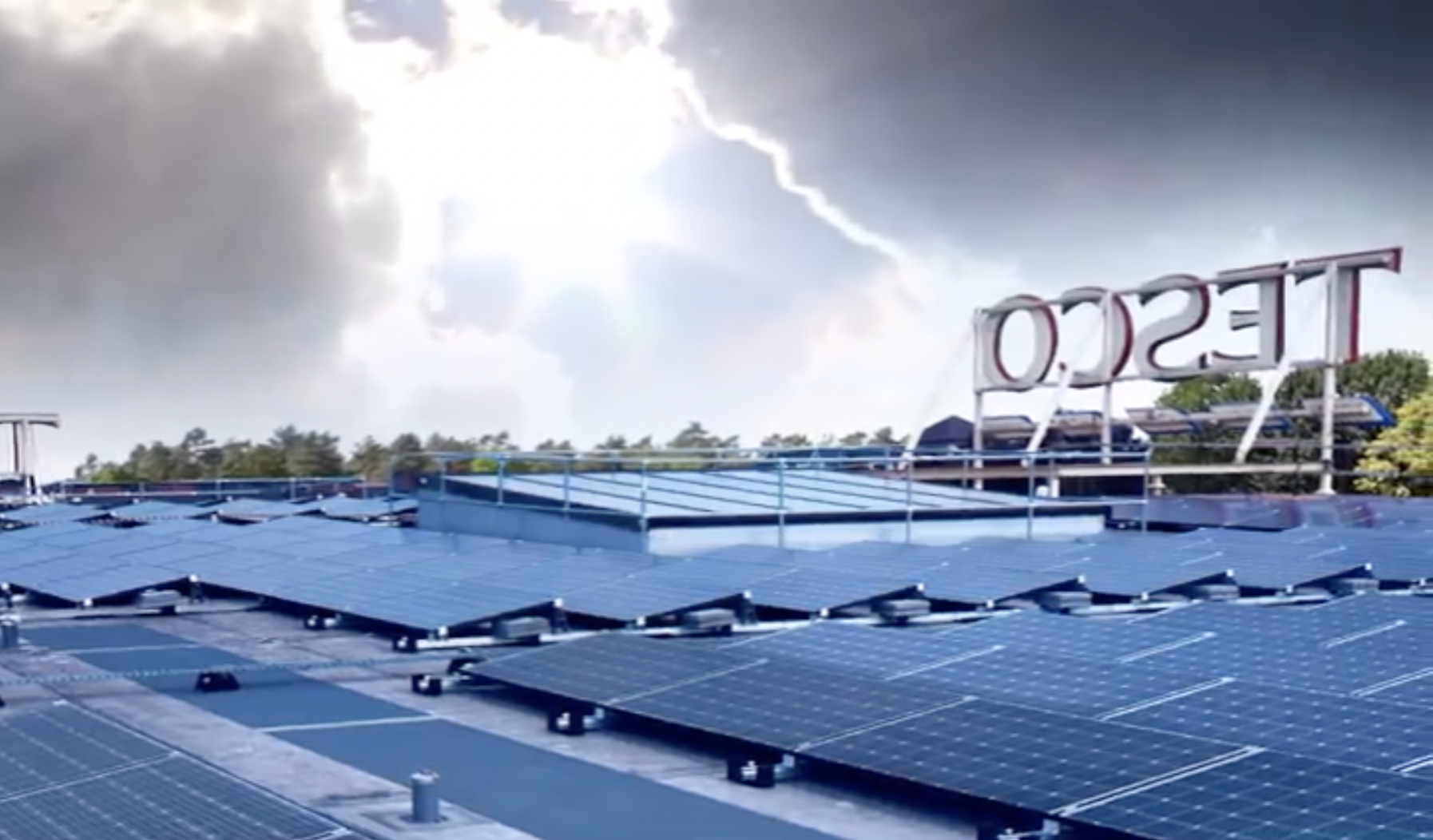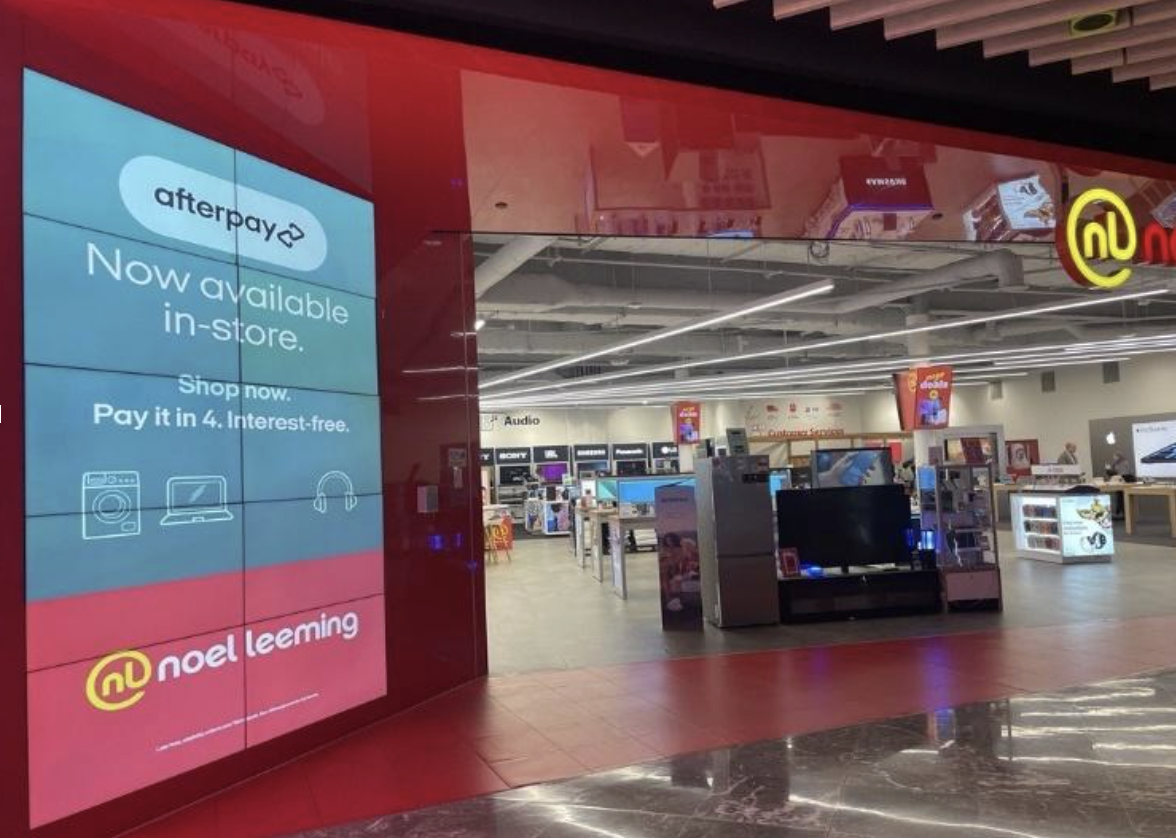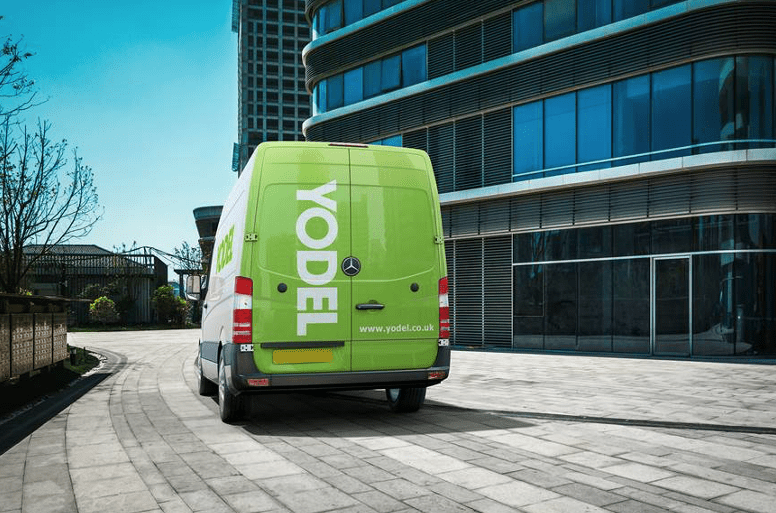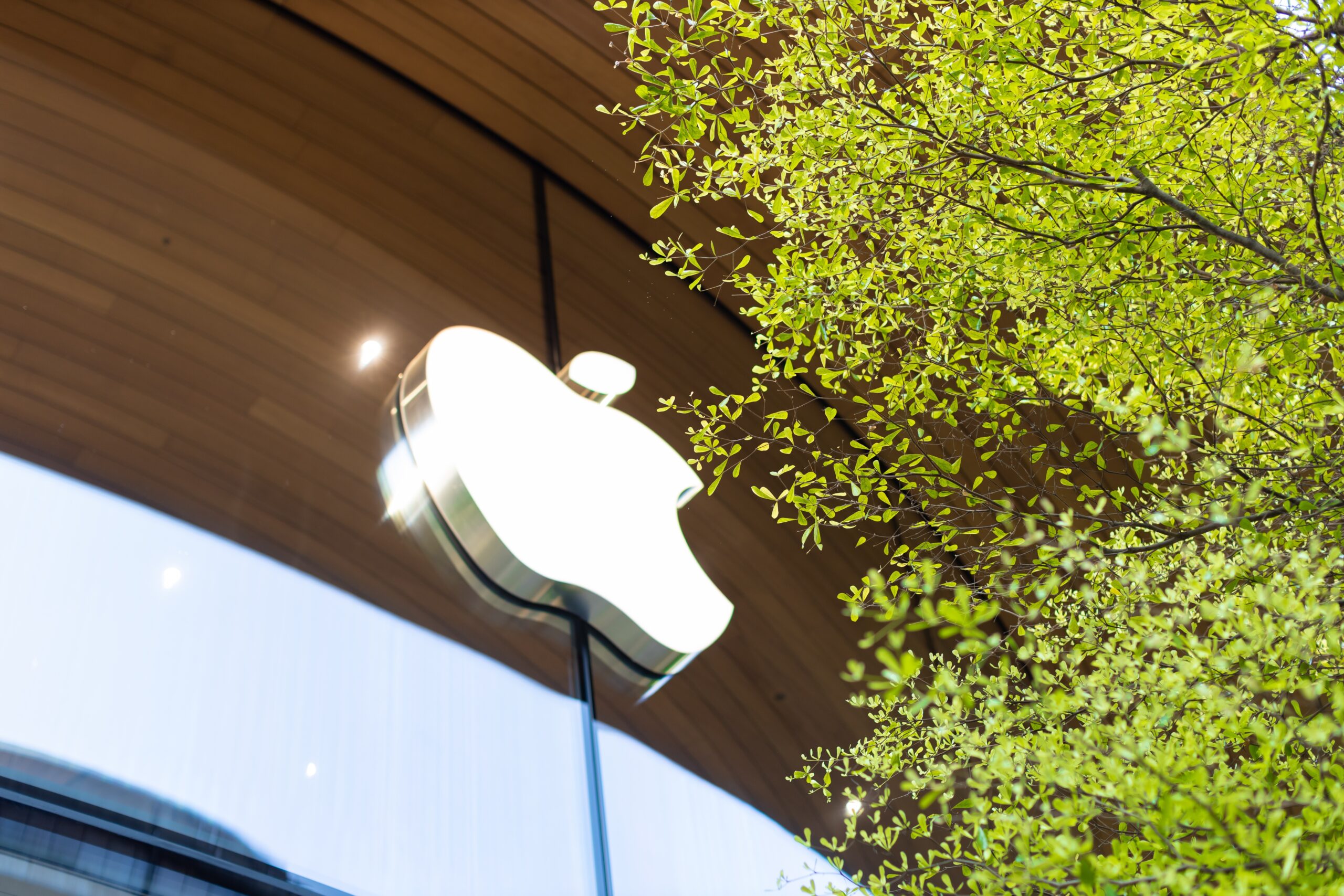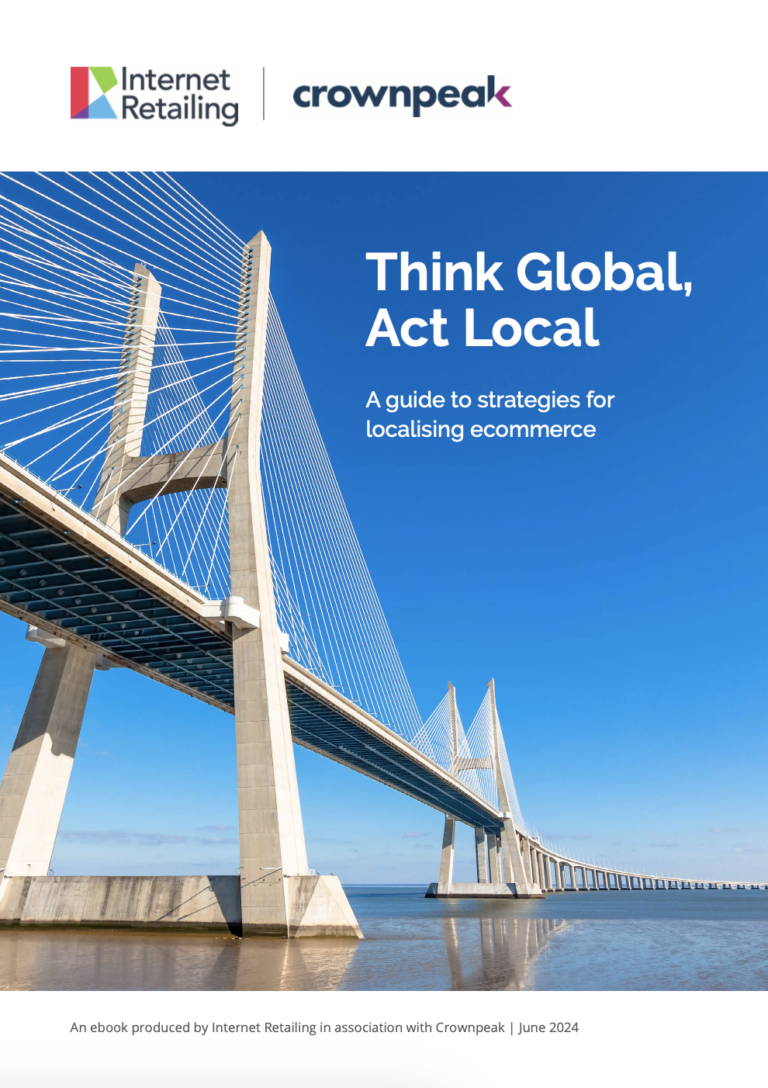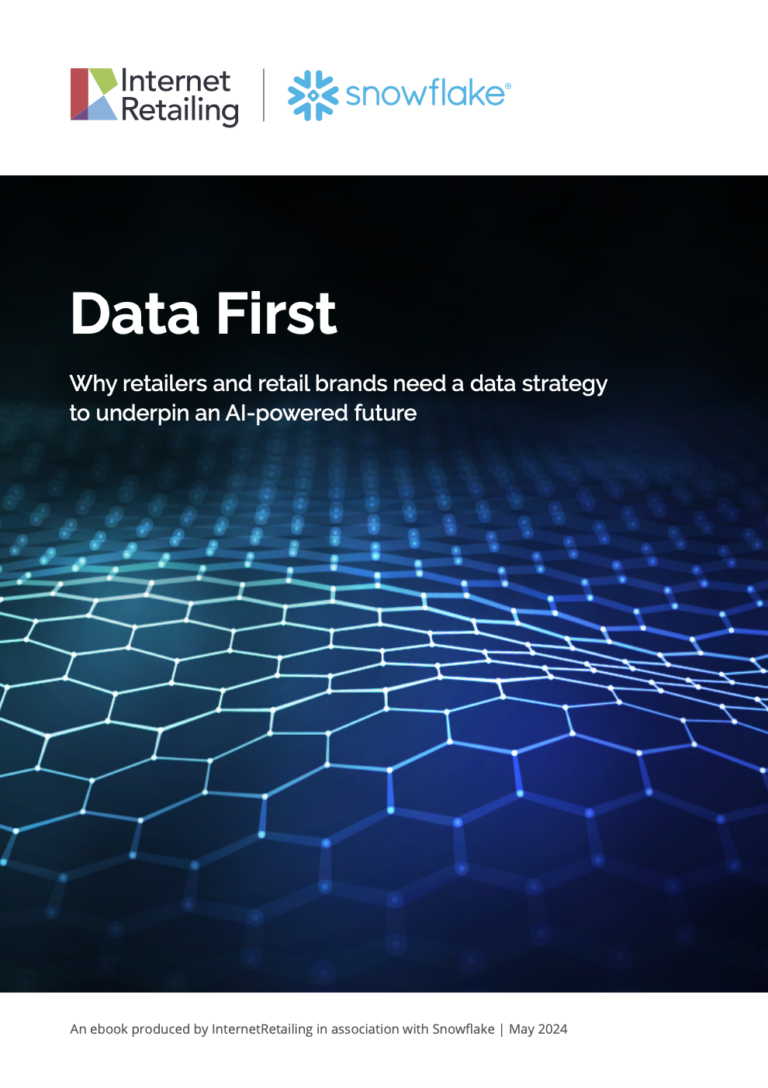At the end of November, supermarket Tesco announced plans to install solar panels on 100 of its large stores across the UK over the next three years – the latest project within its wider sustainability efforts.
The onsite power generation from the solar panels will also help to manage increased electricity demand and higher energy costs.
The project will form part of a number of new Power Purchase Agreement (PPA) with renewables investors. Tesco has already launched a series of onsite and offsite PPAs to increase the amount of renewable electricity it can generate directly.
The project is underway, with the first store in Thetford fitted with more than 1,000 solar panels as part of a PPA with renewables investors, Atrato Onsite Energy. Four more stores will begin construction before the end of the year, generating an additional 2GWh of electricity.
The new project builds on the 40 Tesco stores that already have solar panels fitted – generating over 10.5GWh of solar electricity in the last year, equivalent to 3,800 homes.
Ken Murphy, Tesco, group CEO, said: “As we all face into the effects of climate change, scaling up our use of clean renewable energy has never been more important.
“That’s why we are continuing our work to source green electricity from our own estate, setting out ambitious plans to install solar panels on the roofs of 100 of our large stores across the UK over the next three years – moving us further towards our target to be carbon neutral in our own operations by 2035.”
This latest investment in solar compliments Tesco’s wider net zero goals. The grocer plans to electrify its entire home delivery service in the coming years. It is working to have a fully electric home delivery fleet by 2028 before becoming net zero in the UK by 2035 – 15 years earlier than planned and ahead of the UK government’s deadline.
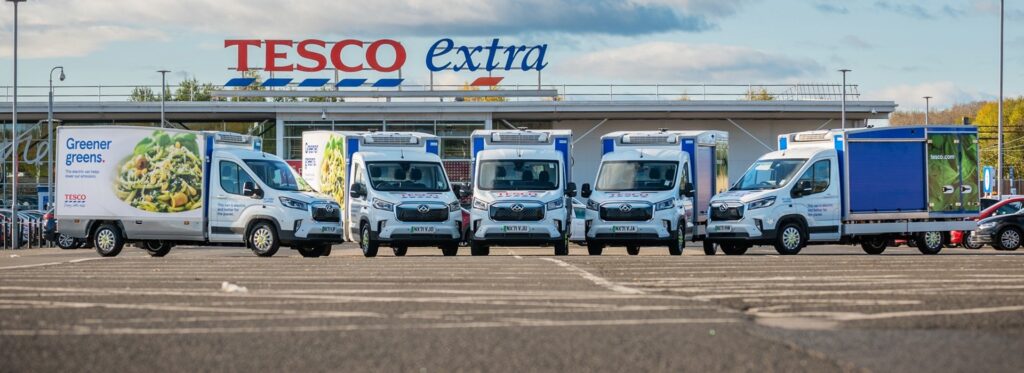
Glasgow became the first Scottish city to transition to an all electric Tesco home delivery fleet, with over 3,700 deliveries per week made by electric vans.
Furthermore, Tesco is working to ensure all stages of its supply chain are sustainable. In 2022, it introduced its HGV trailers with refrigeration units powered by solar panels rather than traditional diesel engine technology. The first 13.6 metre refrigerated trailer based at Tesco’s Peterborough Distribution Centre is delivering stock to stores across the East of England. It was joined by a further three units.
The grocer is collaborating with suppliers to support them in reducing and reporting their own carbon reduction commitments, in line with the Paris Agreement goals. Tesco has also set a deadline to reduce supply chain carbon emissions by 35% across food and manufacturing by 2030.
Earlier this year, the supermarket had its plan for emissions reduction across its own operations and value chain validated by the Science Based Targets Initiative (SBTi), the official body that validates climate targets.
Stay informed
Our editor carefully curates a daily newsletter filled with up-to-date news, analysis and research, click here to subscribe to the FREE newsletter sent straight to your inbox and why not follow us on LinkedIn to receive the latest updates on our research and analysis.

